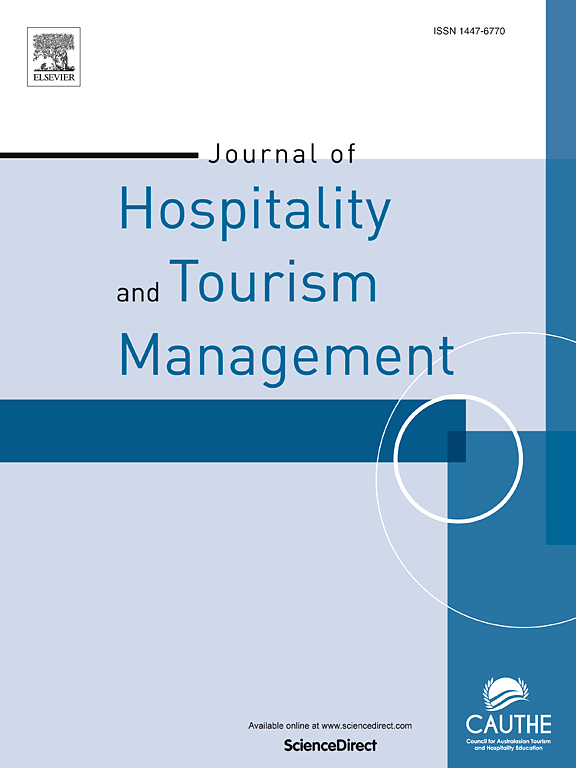Synthesizing cultural intelligence, emotional labor, and job satisfaction in the concept of a social cognitive model
Abstract
Hotel frontline employees apply cultural intelligence (CQ) and engage in emotional labor (EL) to provide quality guest services at all times. The service job requirements of displaying positive emotions and the demand to work under time pressure create burnout and stress to the frontline staff. Guided by social-cognitive theory, this study aims to first examine how hotel employees' CQ affect different EL factors used in cross-cultural service encounters. Second, the impacts of CQ and EL on employees' job satisfaction (JS). Finally, the mediating effect of each EL dimension on the relationship between CQ and JS. The self-administered survey was conducted in 11 three-to five-star hotels in Hong Kong. A total number of 719 valid responses from frontline employees who had cross-cultural service encounters experiences were used for statistical analysis via partial least squares structural equation modeling. Findings support the importance of CQ on three EL dimensions and JS. Moreover, the EL dimension of Expression of naturally felt emotions (EN) was found to mediate on CQ-JS relationship. This study expands our understanding of the interplay between the effects of CQ and the underlying EL dimensions and the crucial roles of employees' CQ and EN on JS in a multicultural hospitality workplace. A comprehensive approach to nurture and develop employees’ CQ and EN through four major sources of self-efficacy are also considered and discussed.

 求助内容:
求助内容: 应助结果提醒方式:
应助结果提醒方式:


